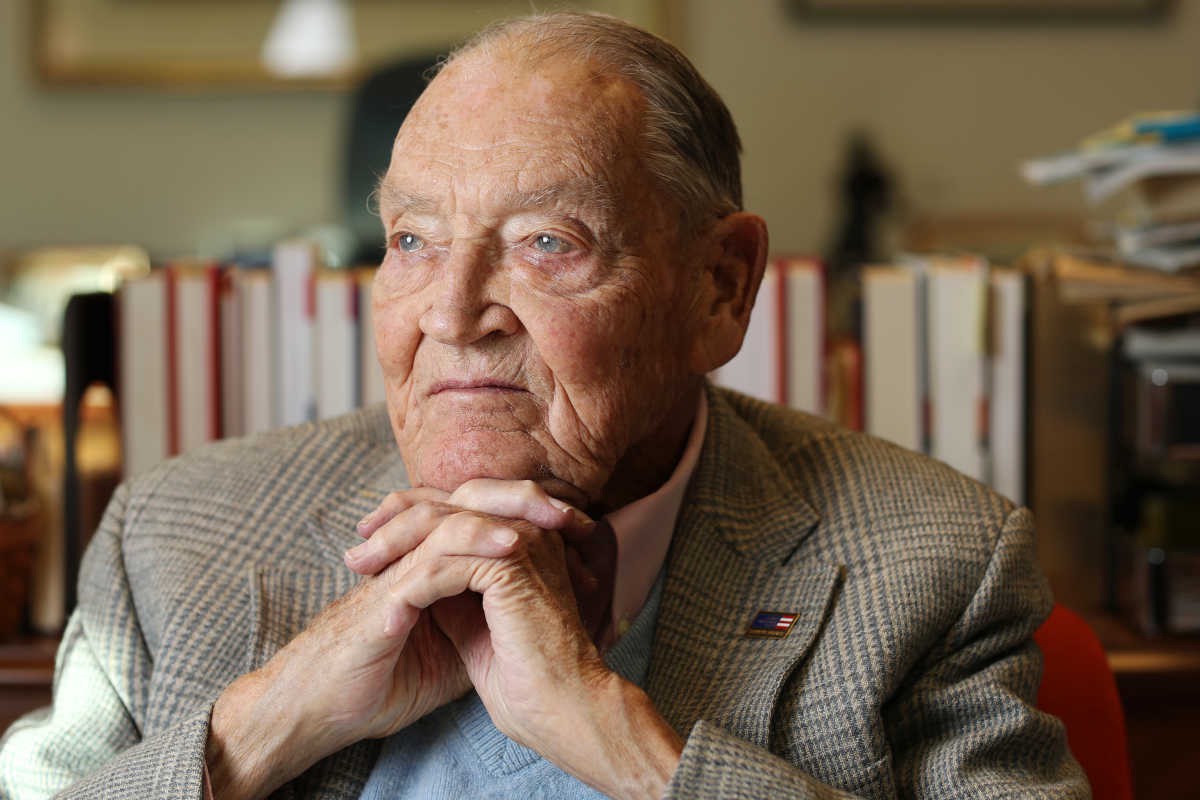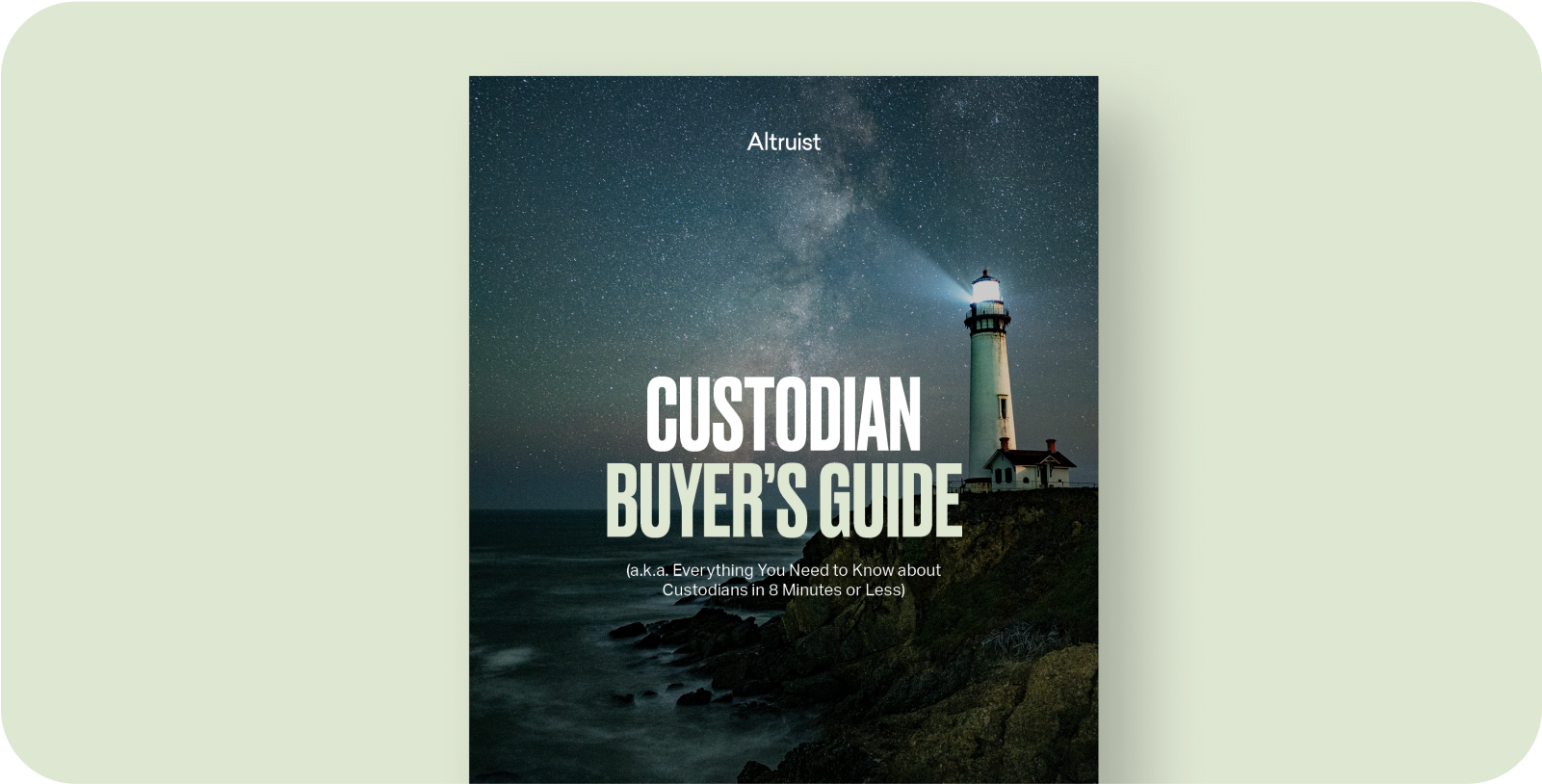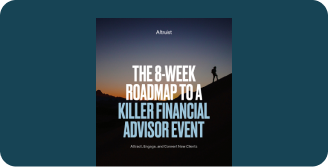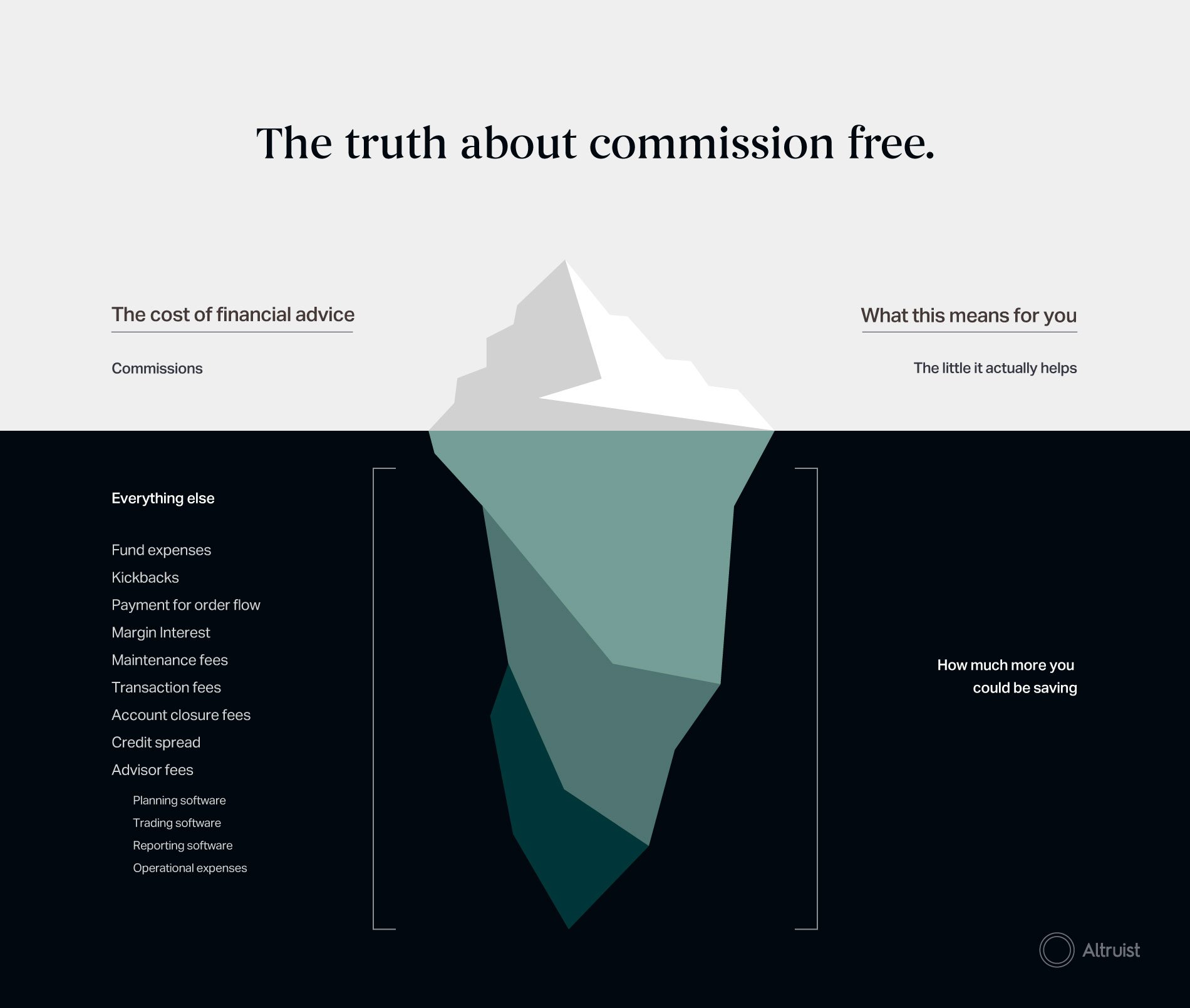Five lessons for financial advisors inspired by Vanguard’s legendary founder
Jack Bogle, the legendary founder of Vanguard, passed away on January 16, 2019. In the days following, there was an outpour of praise for what he did for the world and who he was as a person.
Warren Buffett said Jack did more for the individual investor than anyone he’s ever known.
I’ve been guiding investors for 20 years and I wholeheartedly agree with Warren’s sentiment. Mr. Bogle has done more to inspire me than anyone I’ve ever known.
Jack had a reputation as “the conscience of the industry.” So far as legacies go, that’s a pretty good one.
While Jack’s legacy will live forever, who will carry the torch now? Who will fight for investors? Who will fight for (in his words) the “down-to-earth, honest-to-God human beings with real needs and aspirations”?
If you’re a financial advisor who truly loves helping other people, here’s a quick guide to being more like Jack.
1. Do right for others
There are far too many financial advisors who act like they care and talk about how they care, but whose actions say otherwise.

Are you truly doing what’s best for your clients?You know the type. The advisor that touts being a fiduciary only as a means to their next big commission from a product sale. Or the advisor that boasts about their religious character or charitable contributions, but does so on the backs of high fees and unscrupulous sales methods.
We need to do everything we can to stop this kind of unsavory behavior and put more good in the world.
We should always act as fiduciaries and do what’s best for others. We also need to make great advice more accessible to more people. Good financial advice shouldn’t be reserved for just the well-off.
Christine Benz, the director of personal finance at Morningstar, has interviewed him at the annual Bogleheads conference for the past decade.
She says of his character,
“His consistent belief that all investors deserve a fair shake was a core principle that I incorporated into my work and shaped my career path,” … “You listen to Jack Bogle and you think, ‘I want to be on this guy’s team.’ Whatever he is talking about, this is the right thing to do for people.”
2. Be generous but humble
Do great work out of principle, not for recognition.
I recently came across a financial advisor’s promotional video showing off his ostentatious new office. He boasted of the non-profit he planned to host in the facility alongside him (while standing in front of his Maserati).
Unfortunately, this financial advisor sells illiquid, ultra-high commission products without any disclosure to the client (while calling himself a fiduciary).
This is not how financial advisors (especially fiduciaries) should conduct their business. Stop the deception. Stop boasting. Help your client first.
Let’s do good, give back, and care more about what we actually leave behind for the world than the legacy we hope everyone knows about. Like Jack did.

Be the hero your client deserves.
William Bernstein praised Jack’s contribution to the world,
“Jack could have been a multi-billionaire on par with Gates and Buffett,” Instead, he turned his company into one owned by its mutual funds (and in turn their investors) and that “exists to provide its customers the lowest price. He basically chose to forgo an enormous fortune to do something right for millions of people. I don’t know any other story like it in American business history.”
3. Be honest
All financial advisors are in the business of sales (whether they accept it or not).
That’s not to say they are all salespeople. The great ones are great financial planners and advisors as well. But to be successful, you must attract clients who like you and trust you, which requires some interpersonal skill.
In many ways, independent financial advisors are also marketers. In order to grow their business, they need to create a steady flow of new prospective clients.
This isn’t a bad thing. It’s okay to be effective at sales and marketing. Vanguard along with many other meaningful businesses are also great at marketing and sales.
But it’s not okay to deceive investors about how you sell or market.
Confusing people with complicated and expensive products and without full disclosure is not cool.
We’ve all seen the attempt at creating fake credibility through manipulated best-seller book statuses. Or the “as seen in” logos. Or the staged fake interviews on “TV”.

It’s not cool.
Getting paid 7% (or even 8% or 9%) commission for selling a product, without the client having full knowledge of the exact compensation, is also not cool.
“He was like the last honorable man, a complete straight-shooter,”
– Rick Stengel
Let’s all be more like that.
4. Keep costs low
As financial advisors, vendors regularly overcharge us. Software companies, custodians, tech companies, and so on. I’ve personally been in planning meetings with companies that unnecessarily hike prices because they believe that advisors “have money to spend.”
This kind of thinking needs to change. And we need to change ours, too. Clients who receive quality advice with low costs will get more out of their money.
A financial advisor I once knew often preached, “fees are only an issue in the absence of value.” This was his way of justifying 2% or higher fees.
Just how much do high fees like this cost clients? Consider the compounding of the whole of your client accounts.
If you have $50 million of client assets growing at 7% for 30 years it will grow to $380.6 million.
The same sum of client assets growing at 6% for 30 years (effectively 1% in additional fees) only amounts to $287.2 million.
That extra 1% adds up to over $93 million over 30 years.

Imagine the cost high fees have on real, hardworking people.It only takes 101 advisors in this example to reach nearly $1 billion of lost value due to high fees and there are far more than 101 advisors overcharging their clients.
The impact of this on people’s lives, their legacies, and their communities is profound. Imagine the power of 10,000 advisors doing great work (for everyone) at a fair price.
5. Speak up for those who can’t, won’t, or don’t know how
People are marginalized everyday and everywhere. We have an opportunity to change that.
Financial advisors are welcome guests in the lives of their clients. People share with us and trust in us oftentimes unlike even their own families.
Like Uncle Ben says, with great power comes great responsibility.

How we advise our clients directly impacts how our industry and society evolves. If we fail to master our craft (financial planning), but excel at selling, then we’re failing.
To make real change in the financial advice industry and really start helping people, we need to change how advice is distributed and awarded.
Distributing awards for the top sales of products that don’t really help our clients, needs to stop.
Biased advice that rewards sellers, without full disclosure, needs to stop.
And for us advisors, allowing vendors to overprice products, software, or platforms — and pass those costs on to our clients — must stop.
“What I felt most of all was that his overriding North Star was caring about the customer, and wanting what is best for the customer,”
– Mellody Hobson, President of Ariel Investments.
Altruist is on a mission to make financial advice better, more affordable, and more accessible for everyone. We build technology exclusively for fiduciary financial advisors and price it transparently at the lowest cost possible, so they can be more efficient and help more people.
I can only hope Jack would approve.
 Credit: The Inquirer, philly.com
Credit: The Inquirer, philly.com











